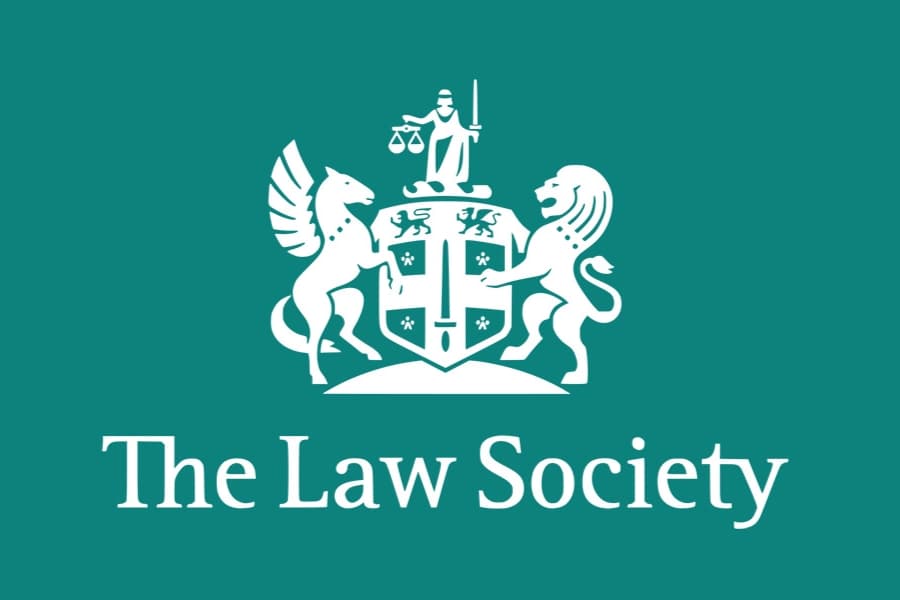By Ronnie Park founding Executive Member of CoPSO, the Council of Property Search Organisations & Managing Director, OneSearch Direct
Each year, the International Finance Corporation (IFC) on behalf of the World Bank carries out an annual survey on how the developed economies rank in terms of how easy it is to ‘do business’ within each country surveyed. Economies are ranked on their ease of doing business, from 1 — 189.
“A high ranking on the ease of doing business index means the regulatory environment is more conducive to the starting and operation of a local firm. This index averages the country’s percentile rankings on 10 topics, made up of a variety of indicators, giving equal weight to each topic. The rankings for all economies from the most recent survey are benchmarked to June 2013.”
In the most recent survey, Singapore comes out top as the easiest country to do business with and the United Kingdom is ranked 10th overall out of 189 economies. Within this ranking is a breakdown of ten categories, of which one of these is Registering Property. The UK ranks only 68th in this category. http://www.doingbusiness.org/rankings
Much of the current focus on the Land Registry from Government, in their consultation into increased powers being devolved to Land Registry, comes from the assertion that UK could do better than 68th in terms of buying a new business property.
To put some context into these figures it is important to look at other comparable European nations. For example: France sits at an overall ranking of 38 with a poor ranking on Registering Property of 149th. Germany ranks overall at 21 with 81st on the ranking of Registering Property, while Spain is 52nd overall with a Property Ranking of 60th.. On comparison, Norway is ranked at 9th overall with Registering Property 10th.
Norway has an extremely efficient and integrated system for registering land and property data, which may provide some lessons to the UK and how we do things.
Before comparing us directly with Norway, it is important to look at exactly what the criteria on which this property ranking is built. There are 3 key metrics applied: the time taken, the cost and the recorded number of procedures required. The documentation describes what these definitions are and what the surveyors actually measure regarding registering property i.e. “the full sequence of procedures necessary for a business (buyer) to purchase a property from another business (seller) and to transfer the property title to the buyer’s name so that the buyer can use the property for expanding its business……Every procedure required by law or necessary in practice is included, whether it is the responsibility of the seller or the buyer or must be completed by a third party on their behalf. Local Property Lawyers, notaries and property registries provide information on procedures as well as time and cost to complete each of them.”
Nevertheless, some obvious lessons can be taken. NLIS is the initiative in recent times which match closely the objectives of the Infoland project. This project was hampered from the outset by the focus on the local search as a driver and ignored the fact a healthy market already existed for an alternative supply of private local searches. This, together with the enshrined rights of individuals to access public records prevented the NLIS channels achieving the monopoly status they had hoped for. The advent of access to property records via EIR has further reinforced the ability for private search firms to add value in this very competitive space. In the event the surviving NLIS channels have blended into the mix and have added investment and some corporate muscle that may have otherwise been absent from the search industry.
For the UK to improve its ranking for ‘the ease of doing business’ and specifically Registering Property, some changes need to be made to the way such nationally important projects are conceived and built.
Firstly, proper engagement with the incumbent industry is essential. All of the constituent parts are available to make a joined-up, efficient, cost effective process to match the Norwegian Infoland, but those involved must realise the UK property transfer market is not directly analogous with Norway. It is 10 times the size and with a lending community used to doing things their own way. It is more diverse and riven with vested interest. In the UK, we have established real-estate, valuation and legal markets which operate separately and need to communicate closer to achieve a common aim. Ultimately, the uniting factor for all of these factions is data.
Existing players need to adapt to using better quality assured and timely digital data in parallel with any Government sponsored projects. History, however, shows that positive change is difficult to achieve without due process and communication.
OneSearch Direct describes itself as the largest local authority data company in the UK, and has been providing private searches for more than two decade, employing more than 30 permanent data staff to update records taken direct from source on a daily basis. The company leads the way in real-time property data and the integrity of our dataset ensures conveyancing lawyers and clients can feel confident its ‘real-time data’ searches are the most accurate available.




















